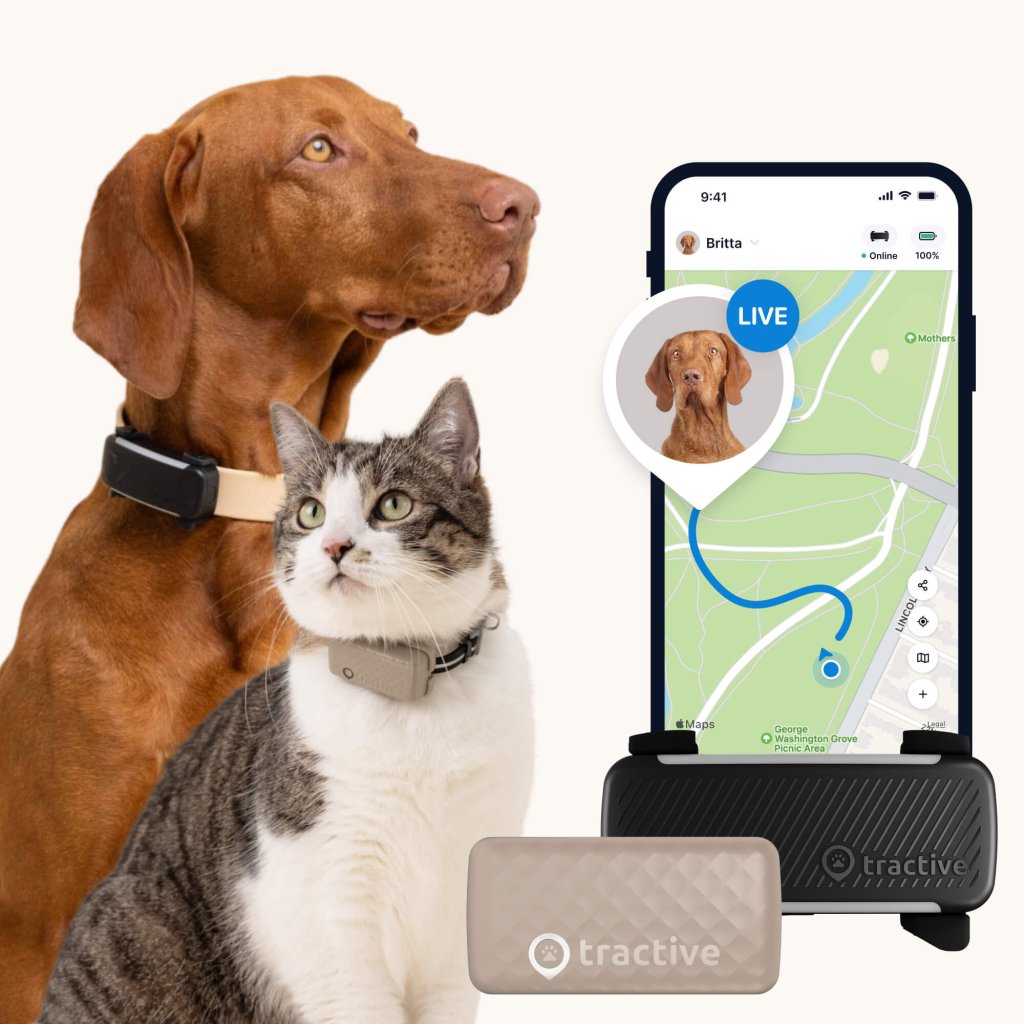GPS Tracker without SIM Card? Your Questions, Answered.
Get the answers to all of your questions about GPS trackers with and without a SIM card. Plus, find out why you're best-equipped to keep your dog or cat safe with a SIM card, subscription and cell service.
Searching for a GPS tracker without a SIM card? It can get confusing with all your options out there. In fact, why do some GPS trackers use SIM cards? Is it worth it going for a GPS tracker that doesn’t need a SIM card or subscription plan? Do Bluetooth trackers count as an option?
You probably have tons of questions. Luckily, we have tons of answers.
Key Takeaways: Is there a GPS tracker without a SIM card?
GPS trackers without SIM cards do exist. They typically only record GPS data. You can later download and view the GPS data by connecting the logger to your computer. Importantly, most GPS trackers without SIM cards aren’t able to track in real-time.
Most GPS trackers need to send location data to another device, for example, so you can view the coordinates on your phone or computer in real time. The most common way of transmitting this information is via the cellular network using a SIM card.
For this reason, most GPS trackers require a SIM card and a monthly service fee. The benefit? SIM cards are the reason you can track something in real-time, over any distance.
- Key Takeaways: Is there a GPS tracker without a SIM card?
- Wh y might a GPS tracker need a SIM card?
- What are the different types of GPS trackers?
- GPS Tracker Comparison
- Do all GPS trackers need a SIM card?
- How do I choose the right GPS tracker for me?
- What are the perks of having a GPS tracker with a SIM card?
- How does a GPS tracker work with a SIM card?
- Do Bluetooth trackers need SIM cards?
- Can I use a GPS tracker without cell service?
- What about a GPS tracker without subscription?
- What’s the best GPS tracker for tracking pets?
- Wrapping up: Is there a GPS tracker without a SIM card?
Why might a GPS tracker need a SIM card?
If a GPS tracker is sending location data over a cellular network, it will need (naturally) cell service and a SIM card. If you want to send GPS location from, say your tracker to your phone, you’ll need a SIM card to help the two “communicate.”
A GPS tracking device (or GPS tracker) is a device that uses GPS and other technologies to pinpoint location. It also can track and record the movements of something or someone, using the Global Positioning System (GPS). In most cases, location data from the GPS tracker goes to an internet-connected device via a cellular network (GSM/LTE), radio, or satellite modem.
Basically, a bit like a smartphone.
GPS trackers are often used by companies to track vehicles and cargo – and let you see where your delivery is – it’s also loved by outdoorsy athletes, farmers who want to keep an eye on their animals, and also pet parents around the world.
What are the different types of GPS trackers?
There are many different kinds of GPS trackers. For example, small, wearable GPS trackers. These include trackers for pets, hikers or hunters. It also includes devices that can share live location in case of emergency.
Larger GPS trackers – like a car navigation system – often have a screen, and can help with finding directions. Think of your Google Maps setup when you’re out driving. Asset trackers, on the other hand, mean business, and help companies follow trucks, boats, containers and more.
⚠️ Beware of “fake” GPS trackers – a.k.a. Bluetooth tracking devices – that are sold as GPS units even though they don’t have GPS technology.
GPS Tracker Comparison
To help you get your head around the different types of GPS tracking devices out there, we’ll be comparing four categories. GPS trackers and satellites or iridium trackers which contain a SIM card, and GPS loggers and navigation systems which do not require a SIM card.
GPS Tracker
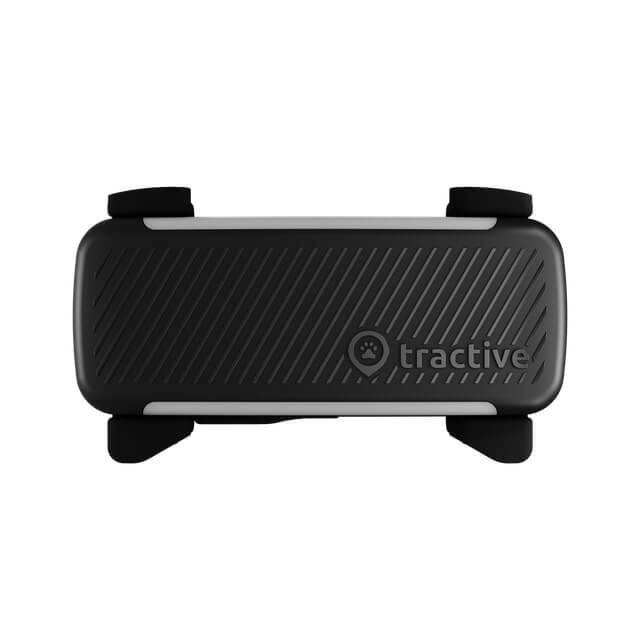
- Small, personal GPS tracker, used to track pets, vehicles and people
- Real-time, live tracking
- SIM card required, connects to best network available
- Unlimited range, worldwide coverage
- Low cost (around $50) and a monthly fee priced less than your Netflix subscription
- Popular brand: Tractive
Satellite or Iridium Tracker
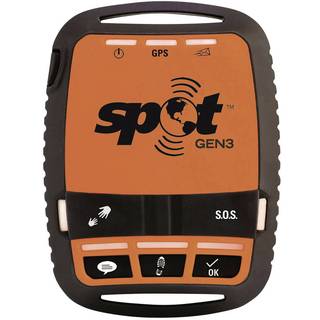
- Adventure and rescue tracker: best for extremely remote areas, as it can provide potentially life-saving communication where there’s no cell service
- Uses satellite communication systems (such as Globestar)
- SIM card might be required, depending on the tracker
- Unlimited range, worldwide coverage & real-time tracking
- High cost of $100 to $600 and a monthly subscription fee of about $15
- Popular brand: Spot
GPS Logger
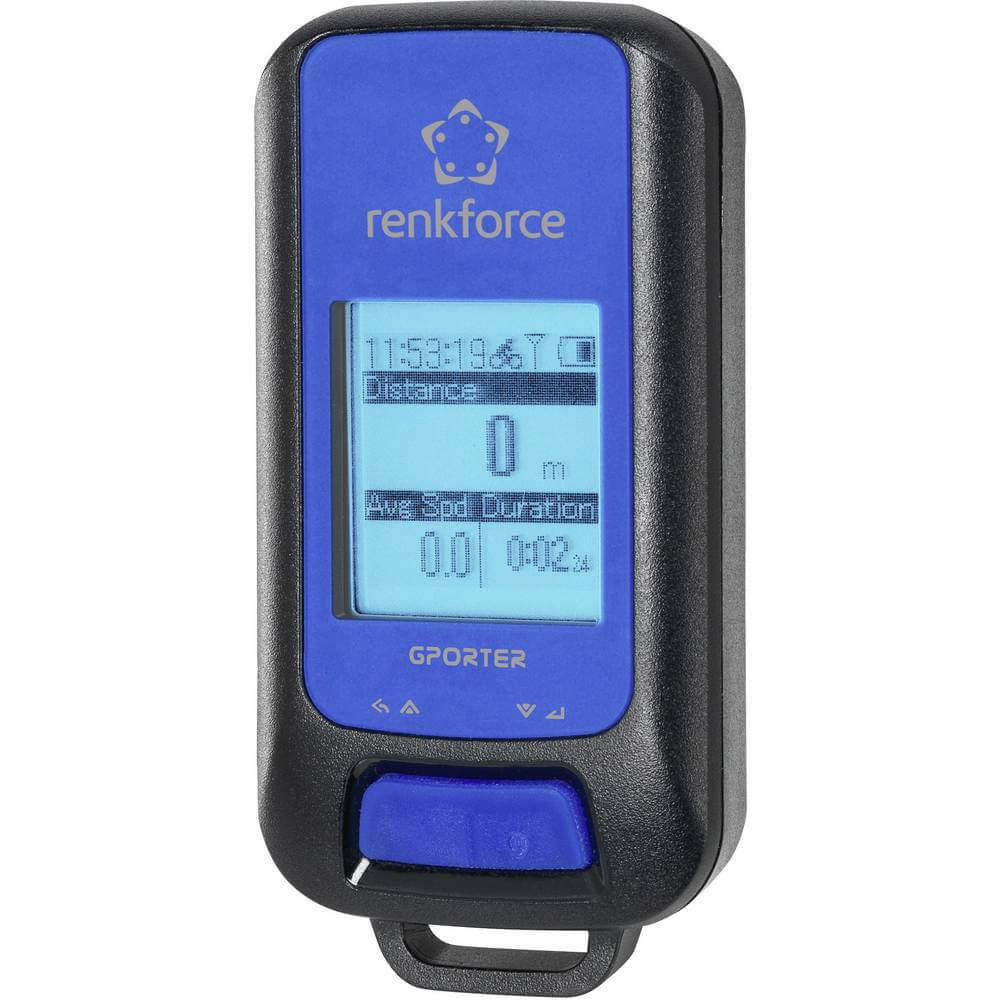
- Only records route, which can be viewed on your computer after a hike or walk is over. Used by bikers, hikers and skiers.
- No real-time tracking, only passive. No protection against theft.
- No SIM card required. The route is not sent to a phone.
- Exact positioning, worldwide coverage
- Costs around $50 – $150
- Popular brand: Renkforce
GPS Navigation System
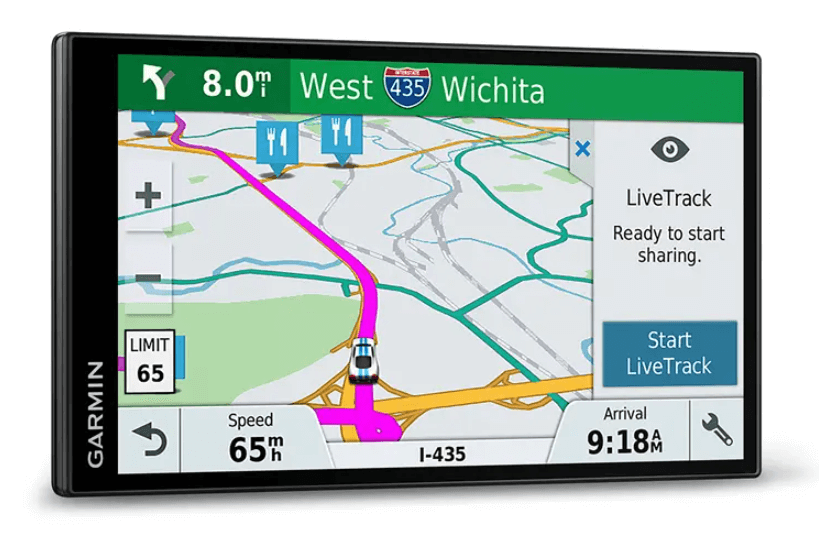
- Used in cars and vehicles for navigation purposes.
- Built-in monitor or screen which displays location
- No SIM card required, route is not sent to a separate device
- Costs between $100 – $350
- Popular brand: Garmin
Do all GPS trackers need a SIM card?
So do GPS trackers need a SIM card to work? Technically, no. As mentioned above, there are some types of GPS tracker that contain SIM cards, as well as SIM-less GPS trackers. For example, the navigation system in your car is one type of GPS tracker that does not require a SIM card. On the other hand, the average dog or cat GPS tracker contains a SIM card in order to make real-time tracking possible. Among GPS trackers with a SIM card, some are exchangeable and some are non-exchangeable.
How do I choose the right GPS tracker for me?
When it comes to getting a GPS tracker, the first thing to do is think about what you need it for. A GPS tracker for a dog will have totally different requirements than a GPS tracker used to track a company truck. In fact, the price tag and monthly fee alone might be a turn-off.
Generally, a GPS tracker without a SIM card or subscription plan means you might be missing out. GPS tracking includes a ton of perks, including being able to track your pet or vehicle in real-time – plus over an unlimited range.
Here are a couple of other factors to consider as well:
- Battery Life
How long should the battery last on one charge? 24 hours? 7 days? Or one year? Don’t forget, longer battery life often comes with the trade-off of fewer features, or higher prices. - Battery Type
Should the battery be replaceable, non-exchangeable, or rechargable? - Charging
What kind of charging mechanism should the tracker have? Do you want to be able to charge it like your phone, or keep it plugged into your car at all times? - Range and coverage
Over which distance should the tracker work? Is unlimited range important, or is it enough that it works in your backyard? Will you be using it in the city, or in the countryside? - Durability
Should the device be waterproof? Shock-proof? Chew-resistant? - Size and Weight
How big should the tracker be? Does it need to be small and lightweight? - Features
What extras would you like your from your GPS tracker? Like Location History or Wellness Monitoring?

What are the perks of having a GPS tracker with a SIM card?
Wireless communication between devices
The advantage of a built-in SIM card in your tracker is that it’s connected to the local mobile network. That means it can communicate with other devices. Say you put a GPS tracker in your child’s backpack* on their first day walking to school alone to make sure they get there safely. The tracker’s SIM card lets it forward location data to your phone. Without a SIM card in the GPS tracker, this would normally not be possible.
Real-time tracking
A SIM card also lets you track every moment. For example, Tractive GPS lets you go into LIVE Mode to get location updates every couple of seconds, and know your cat or dog is safe and sound. All that is made possible by the tracker’s integrated SIM card.
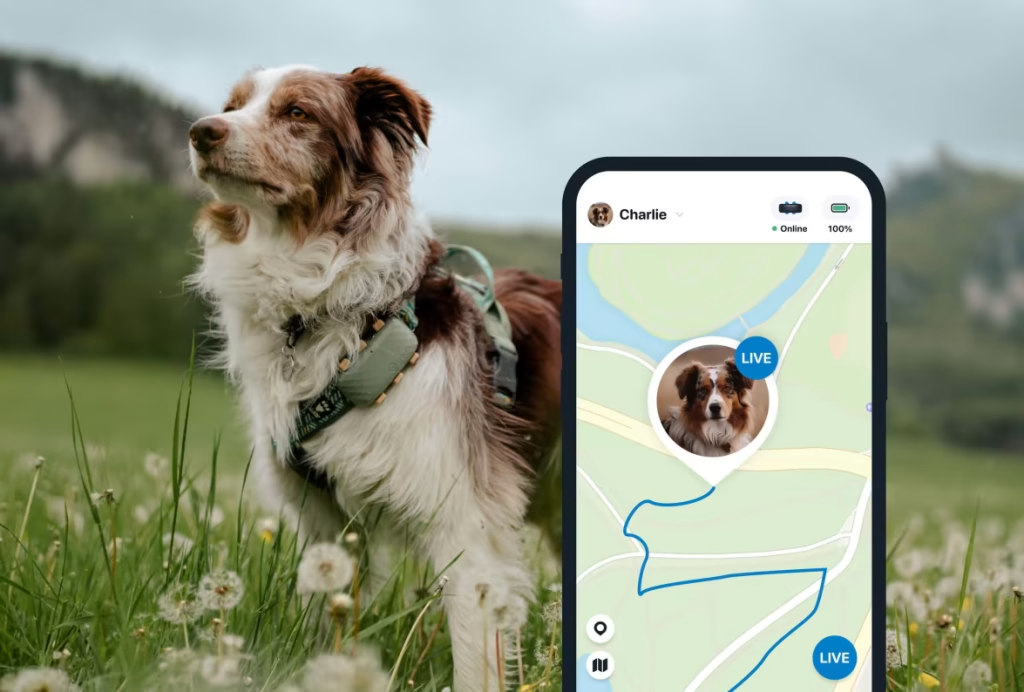
*Note: Using GPS tracking for humans is often regulated and may not be legal in your area. Be sure to abide by local laws in your area when it comes to person-tracking.
How does a GPS tracker work with a SIM card?
Want to get technical? Here’s what’s going on inside a GPS tracker with a SIM card. A GPS tracker with a SIM card usually contains a GPS chip, a GSM chip, a SIM card and a small CPU.1 The GPS chips receives signals from at least four GPS satellites to calculate its position. It then forwards that position to the CPU, which cleans up that data.
This is then forwarded to the GSM module, which connects to the mobile network and you (usually via a smartphone, tablet, or computer). GPS tracking platforms (such as the Tractive GPS app) make it easy for end users to read GPS location data by visualizing it on a map.
Like this:
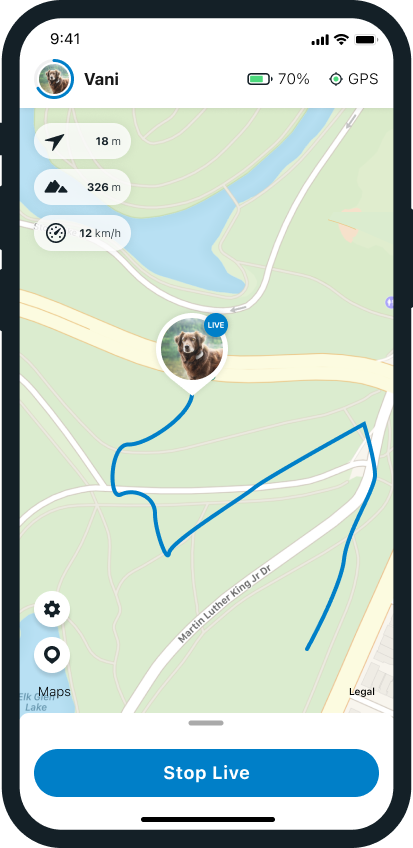
Do Bluetooth trackers need SIM cards?
Most Bluetooth trackers don’t use GPS technology – so there’s no need for them to include SIM cards. Because of this, they can’t track in real-time and usually work only up to a limited range. (Usually up to 200 feet or 60 meters.) Which make them a decent, lightweight option to attach to a pair of keys or backpack or a bicycle, i.e. non-moving physical objects that don’t tend to move around by themselves.
At the same time, some combination GPS/Bluetooth trackers do exist – like Tractive. Besides real-time tracking, Tractive devices also include short-range Bluetooth tracking to help you locate your dog or cat in places where you might not catch network signal.
Can I use a GPS tracker without cell service?
Most GPS trackers are capable of recording GPS data without cell service. That’s the essential function of a GPS receiver. The big question is, how would you like to view the location data? A GPS logger can help you record GPS coordinates (without cell service) which you can look at later on a computer.
Similarly, a navigation system displays location on the tracking device itself, meaning it doesn’t need cell service. For real-time tracking however, cell service is usually needed so the tracker can actively send location data to your phone (or tablet, or computer) in real-time.
Besides, Tractive devices also come with features like Location History, which continues to log your pet’s location – even if you run out of service.

“If you want to pinpoint your pet’s location or store their Location History, you don’t actually need a cellular connection.
Once you’ve equipped your Tractive GPS, there’s no need to worry if your device loses coverage for a little while. Your tracker stores your pet’s positions securely. So you’ll be able to see where they’ve been even if you’re offline.”– Ivelin Nenkov, Embedded Systems Engineer at Tractive since 2016
What about a GPS tracker without subscription?
You might be wondering if there is a GPS tracker with a subscription plan. Is it possible? Sure. Is it useful? Probably not. After all, most people looking for a GPS tracker for personal use in 2024 would like to be able track from the comfort of their phone. And one of the best ways to make that happen is a SIM card and cell service.
Plus, a subscription can come with a lot of peace of mind. For example, the SIM cards used in Tractive GPS trackers work with as many local cell networks as possible, all across the world. That way, you don’t have to worry about losing coverage because you’re tied to a single provider.
All of that, for what comes to the price of a coffee and a cookie a month. Not bad, right?
To find out more about features and services that come with a subscription and GPS tracker SIM card, check out our Tractive plans.
What’s the best GPS tracker for tracking pets?
To track your dog or cat in real-time (as you might often need to), we (unsurprisingly) recommend a Tractive GPS tracker. This GPS tracker has a built-in, non-exchangeable SIM card that automatically connects to the best network, so you can track your furry friend anywhere in the world. There’s no need to buy your own SIM card.
Read more: Tractive reviews on Trustpilot

Wrapping up: Is there a GPS tracker without a SIM card?
SIM-less GPS trackers do exist. These trackers, however, are mainly used when real-time tracking between devices is not necessary.
- GPS loggers
These record route data, which can then be uploaded and viewed on a computer at a later point in time.2 As the name suggests, GPS loggers are great for logging GPS data, but not providing a real-time tracking service. - GPS navigation systems
Where GPS location info is displayed on the same device on it was recorded. In other words, no need for a SIM card. - Satellite trackers
Like, for example, Spot use GPS to determine location, but then send that data over the Globalstar satellite network rather than cellular networks. For this reason, they do not require a SIM card, but still require a high monthly service fee and initial investment. Satellite trackers are most helpful in remote areas with no cell coverage. For example, when you’re climbing mountains in the Alps and want to let your family know you’re OK. - Bluetooth trackers
Most Bluetooth trackers do not use GPS technology, so their range is very limited. However, some combination GPS and Bluetooth trackers (like Tractive) do exist. See our GPS vs Bluetooth tracker comparison for more information.

